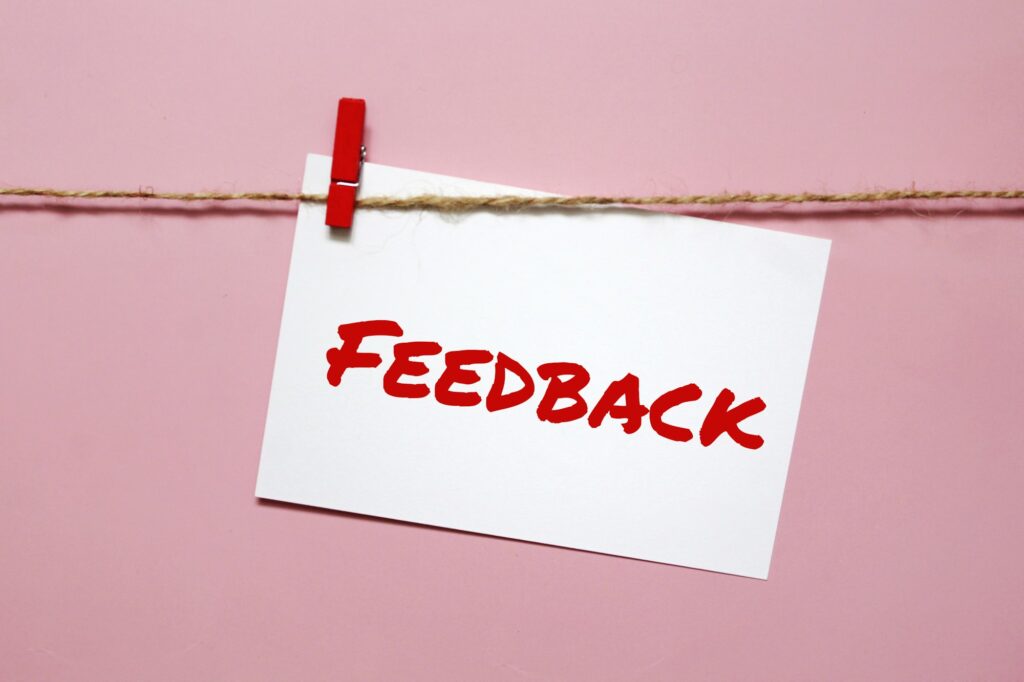
In today’s fast-paced digital era, remote work has evolved from a nice-to-have option to a necessity. As companies around the globe adapt to this new paradigm, creating robust remote work policies is pivotal to maintaining or even boosting employee efficiency.
But, where do you begin? By crafting thoughtful guidelines and leveraging technology, you can empower your team to achieve their best, no matter where they are.
Remote work isn’t just about the location; it’s about creating an environment where employees can thrive and be productive.
In this article, we’ll explore essential remote work policies that can enhance productivity and foster a positive remote working environment. From communication protocols to mental health support, you’ll find valuable tips to implement in your organization.

Flexibility and work-life balance aren’t just buzzwords; they’re essential factors that drive employee productivity. Allowing workers to tailor their schedules means that they can cater to personal responsibilities without sacrificing work commitments.
According to a study by FlexJobs, employees with flexible schedules are 29% more productive and 53% more focused.
But how does this translate into the real world? Without the daily commute, remote workers gain back hours that can be used to rest, exercise, or spend time with family.
This improvement in personal time directly contributes to reduced burnout and increased job satisfaction. Happy employees are productive employees.
However, it’s important to recognize that flexibility comes with its set of challenges. Distractions at home, the need for a structured routine, and maintaining a high level of self-discipline are common hurdles.
Overcoming these challenges often requires innovative solutions like creating dedicated workspaces, utilizing time management tools, and fostering a culture that prioritizes mental health.
Ultimately, when employees have the autonomy to decide when, where, and how they work, they are more likely to excel. This level of control over their work environment can boost morale and lead to a sustainable increase in efficiency, making flexibility and work-life balance more than just perks—they become strategic assets in enhancing productivity.

Ensuring that employees feel connected and supported is crucial in a remote work environment. Regular check-ins and feedback loops are instrumental in achieving this.
By conducting regular virtual meetings, managers can keep their teams aligned and aware of ongoing projects. These check-ins don’t have to be lengthy; even brief touchpoints can foster a sense of community and collaboration.
It’s equally important to create an atmosphere where regular feedback is not just welcomed but encouraged. Employees should be comfortable sharing their thoughts and asking for guidance whenever needed.
Using tools like email, chat channels, or video calls can simplify the process of offering and receiving feedback. Proactive employees often thrive in such environments, helping to maintain seamless operations and elevated productivity levels.
Regular one-on-one feedback sessions with managers or team leaders allow for a more personalized evaluation of work. These sessions can identify areas for improvement and celebrate achievements, reinforcing positive behaviors.
Implementing these feedback loops helps employees stay on track and aligned with organizational goals.
Transparency in communication is another cornerstone of effective feedback. When teams have regular sync meetings, they can clarify their roles, plan efficiently, and address any concerns promptly.
This practice not only improves planning but also enhances overall employee morale and trust within the team.
Start with the basics. Encourage employees to establish a self-care plan that addresses their health and wellness needs. This could include daily exercise, mindfulness practices, and setting aside time for meaningful conversations.
Promoting healthy habits is not only beneficial for the individual’s well-being but can also lead to significant productivity boosts.
Healthy Habits to Foster:
Moreover, mental health is just as important. Encourage remote employees to prioritize their mental and physical health to manage stress efficiently and avoid burnout.
Tools such as virtual meditation sessions or online workout classes can be integrated into the wellness program. Creating such initiatives makes it easier for employees to engage in these beneficial practices.
Finally, consider transforming the remote work experience into a more collaborative and social space by integrating virtual team-building activities. This not only fosters a sense of community but also contributes significantly to employee well-being.

Developing policies that empower your team while ensuring efficiency can be challenging. But, remote work policies are indispensable in today’s work culture.
They can help foster a productive, motivated, and satisfied workforce. Well-thought-out strategies can make a significant difference in how your team operates and excels from a distance.

Boosting remote work productivity isn’t just about having a good internet connection. It’s about creating an environment that supports focus and creativity. Start with optimized workspaces.
Encourage employees to set up dedicated areas for work that are free from distractions. A well-organized workspace can significantly enhance concentration and output.
Next, emphasize the importance of structured schedules. While flexible hours are a major perk of remote work, a loosely defined schedule can lead to procrastination and inefficiency.
Guide your team to plan and stick to regular working hours, which can help in maintaining a professional mindset.
The role of clear communication cannot be understated. Tools like Slack, Microsoft Teams, and Zoom are essential for keeping everyone connected. Regular check-ins and well-defined channels for team collaboration ensure that everyone is on the same page.
Another effective strategy is fostering a culture of trust and autonomy. Instead of micromanaging, give your team members the freedom to approach tasks in their own way. This empowerment can lead to greater innovation and job satisfaction.
Finally, leverage technology. Invest in the right software and tools that streamline day-to-day tasks. Project management platforms like Trello or Asana can keep everyone organized and help track progress reliably.
Incorporating these methods not only improves productivity but also enhances overall job satisfaction, making for a more engaged and efficient remote workforce.
Remote work policies can enhance efficiency by providing a structured yet flexible framework that supports employees’ unique working styles.
By clearly defining expectations, offering the necessary tools and resources, and promoting a healthy work-life balance, employees are empowered to deliver their best work from anywhere.
Additionally, these policies can foster a sense of autonomy and trust, which are critical for motivating employees and driving productivity.
Creating effective remote work policies involves several key steps. First, involve stakeholders from all levels of the organization to ensure the policies meet diverse needs.
Define clear guidelines around communication, work hours, and performance metrics. Equip employees with the necessary tools and technologies for remote work.
Additionally, regularly review and update these policies to address emerging challenges and opportunities in the remote work landscape.
Successful remote work policies include several crucial elements:
Remote work policies have a significant impact on both morale and efficiency. Well-crafted policies can increase job satisfaction by offering flexibility and improving work-life balance, which in turn boosts morale.
When employees feel supported and trusted, their engagement and productivity levels naturally rise. Conversely, poorly implemented policies can lead to confusion, burnout, and decreased efficiency.
To maintain high productivity in remote teams, consider implementing the following policies:
Incorporating effective remote work policies is no longer just a trend—it’s a necessity for modern workplaces. By prioritizing flexibility, regular feedback, and employee wellness, you can foster not only productivity but also a positive and engaged workforce.
Remember, remote work is about more than just the freedom to work from anywhere; it’s about creating an environment where employees can thrive and deliver their best work.
Ultimately, the success of your remote work policy depends on how well it aligns with your team’s specific needs and the unique dynamics of your company culture.
Regularly reassess and adapt your strategies to ensure they remain effective and relevant. By doing so, you’ll be paving the way for sustained efficiency, innovation, and satisfaction across your organization.
Ready to take your remote work policy to the next level? Start today by implementing one of the strategies discussed and observe the positive changes in employee morale and productivity!



